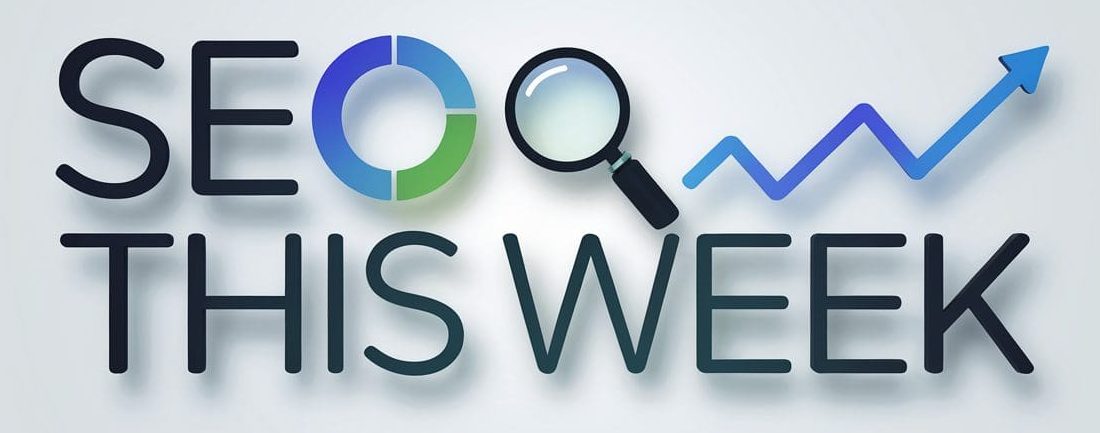(SEO This Week) – Google’s John Mueller posted on Twitter yesterday that Google doesn’t have a “notion of toxic links.”
Did you buy links, and can't clean them up? Disavow them. We don't have a notion of "toxic" links.
— 🐄 John 🐄 (@JohnMu) January 6, 2022
The whole thread is really about the use of certain tools to help SEO’s asses the value of backlinks pointed at their websites. The tools have been using the term “toxic” to identify the worst links in a link profile.
Those tools rate them based on manual scoring patterns their users have input into their system. They use these patterns to help automate the checking. Thus, some links are great, some are ok, and some are “toxic”.
Here, the original poster asked about some links the tools told him were toxic and what he should do about them.
Hi @JohnMu
— Shubham Goyal (@shubham_goyal21) January 5, 2022
I was auditing my company's website and found that there are many auto generated no follow backlinks which are raising the toxic score for my website on semrush and other 3rd party tools.
Shall I disavow these backlinks? pic.twitter.com/XSaKFDYF27
John’s reply was interesting.
You should just ignore that. Some tools make assumptions about Google that just aren't correct.
— 🐄 John 🐄 (@JohnMu) January 6, 2022
John isn’t telling the poster to not disavow, John is saying that the “grade” of “toxic” doesn’t correlate to the same way that Google “grades” links. Then he goes on to recommend that the OP disavow the links if he feels they are bad.
The thing is, other sites are saying that John is telling people to “ignore toxic links“, which isn’t at all what John said. He said Google doesn’t “have a notion of “toxic” links”.
But Google does have systems in place, rudimentary as they are, to assess the quality of links. Moreso, their website assessment tools seem to be looking at the quality of a website, then assessing how much value a link from that site has.
If it’s a good quality site that scores high in Google’s eyes, the link is more valuable.
If it’s a poor quality site that lets everyone post links, the link has less, no, or negative value.
John knows this, however, rather than saying that the OP should ignore “toxic” links, he should have advised the OP to manually assess each link because Google’s systems may or may not be grading on a similar curve as the tools. Thus link tools might think a link is bad based on user patterns, but that same link might not be bad in Google’s eyes (or vice versa).
This thread, and the misinterpretation by others, is how bad SEO information is spread across the web and why it’s important for you to analyze and test the information you are taking in for yourself.

